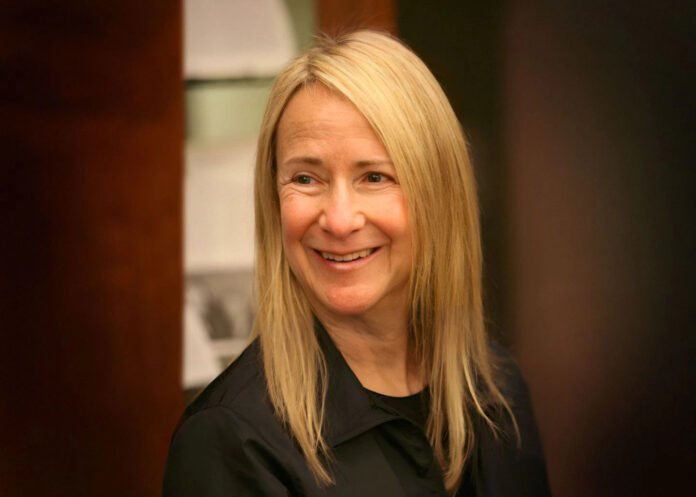BOSTON (Boston Globe) — To create Facing History and Ourselves, a curriculum that has helped millions of students around the world confront moral dilemmas while learning to reject hatred and bigotry, Margot Stern Strom drew inspiration from her Memphis childhood.
As a Jewish girl in a segregated southern state, she was told to not drink from water fountains marked “colored.” And in her classrooms, everyone seemed to know what could and couldn’t be said.
“There was a powerful silence about race and racism and no mention of antisemitism or the Holocaust,” she once wrote. “‘Bad history’ was best forgotten. The Civil War was the War Between the States and we were taught how the South won the major battles. In my Tennessee history class I did not learn who lost the Civil War.”
Ms. Strom cofounded Facing History in Brookline’s schools in 1976 and led the nonprofit for nearly 40 years while it expanded into classrooms in all 50 states and more than 100 countries. She was 81 when she died Tuesday in her Brookline home of pancreatic cancer.
In an era when violent acts of antisemitism and racism are increasing, and some politicians want to ban books and curtail courses that teach about bigotry’s history, Ms. Strom pioneering work is seen by many as more relevant than ever.










